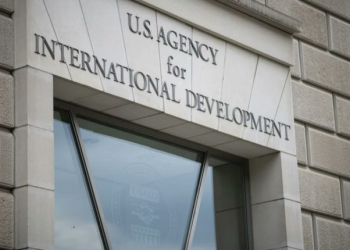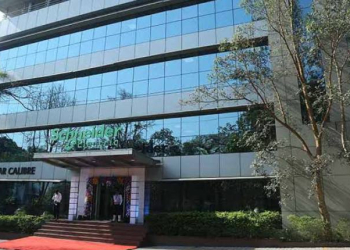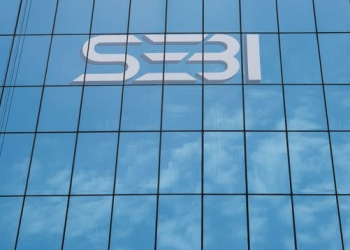New Delhi: India’s FY23 GDP is expected to grow 7.6 per cent year-on-year basis, said India Ratings and Research (Ind-Ra).
As per the ratings agency, after a gap of two years, the Indian economy will show a “meaningful expansion”, as the real GDP in FY23 will be 9.1 per cent higher than the FY20 (pre-Covid) GDP level.
“However, the size of the Indian economy in FY23 will be 10.2 per cent lower than the FY23 GDP trend value,” the agency said.
“A continued weakness in private consumption and investment demand is estimated to contribute 43.4 per cent and 21.0 per cent, respectively, to this shortfall.”
However, it pointed out that if the impact of Omicron on 4QFY22 growth turns out to be greater than the estimate then there could be some upside to the FY23 growth originating from the base effect.
“Nonetheless, there are risks to the ongoing recovery.”
Notably, the agency cited that National Statistical Organisation’s (NSO) advanced estimate (AE) of FY22 showed that private final consumption expenditure (PFCE), grew by only 6.9 per cent YoY in FY22, despite a low base and sales data of many consumer durables showing robust growth.
“This indicates that the consumption demand is still weak and not broad based. In fact, the slowdown in PFCE had begun even before the Covid-19 pandemic had hit the Indian economy.”
“Robust PFCE growth is a must for a sustained growth recovery.”
Besides, it said that wage growth both in the rural and urban areas is facing significant headwinds and has been declining since mid-2020.
“More importantly, real (inflation-adjusted) wages are indicating an erosion of household’s purchasing power. Another factor that has impaired the consumption demand lately is an abrupt rise in the health expenditure of households.”
“These trends may be cyclical in nature, but the picture even at the structural level is not healthy for households.”
Consequently, household savings have declined and their leverage has gone up significantly since FY12, the agency said.
In addition, it estimated that investments, as measured by gross fixed capital formation (GFCF), to grow 8.7 per cent YoY in FY23.
“However, private investments have been down and out over the past several years and Ind-Ra believes the revival of private investment demand will be a slow and drawn-out process.”
“The two developments that can, however, hasten this process are merchandise exports which have shown a surprise turnaround in FY22 and the Production-Linked Incentive Scheme announced by the union government in April 2020.”
(IANS)


















